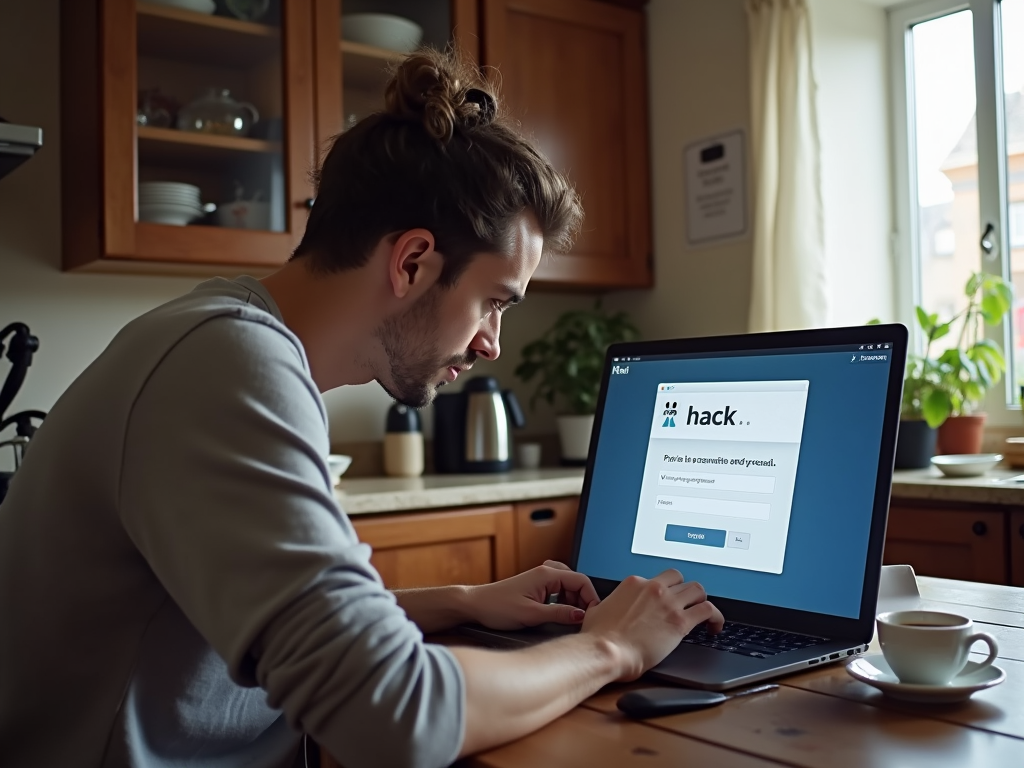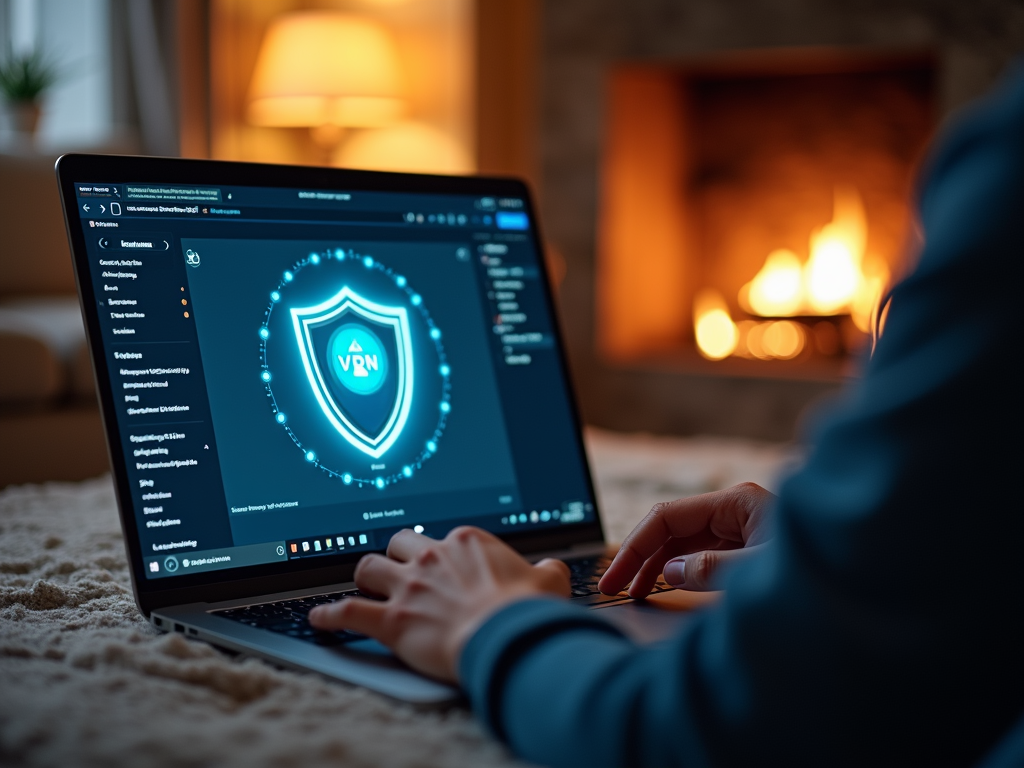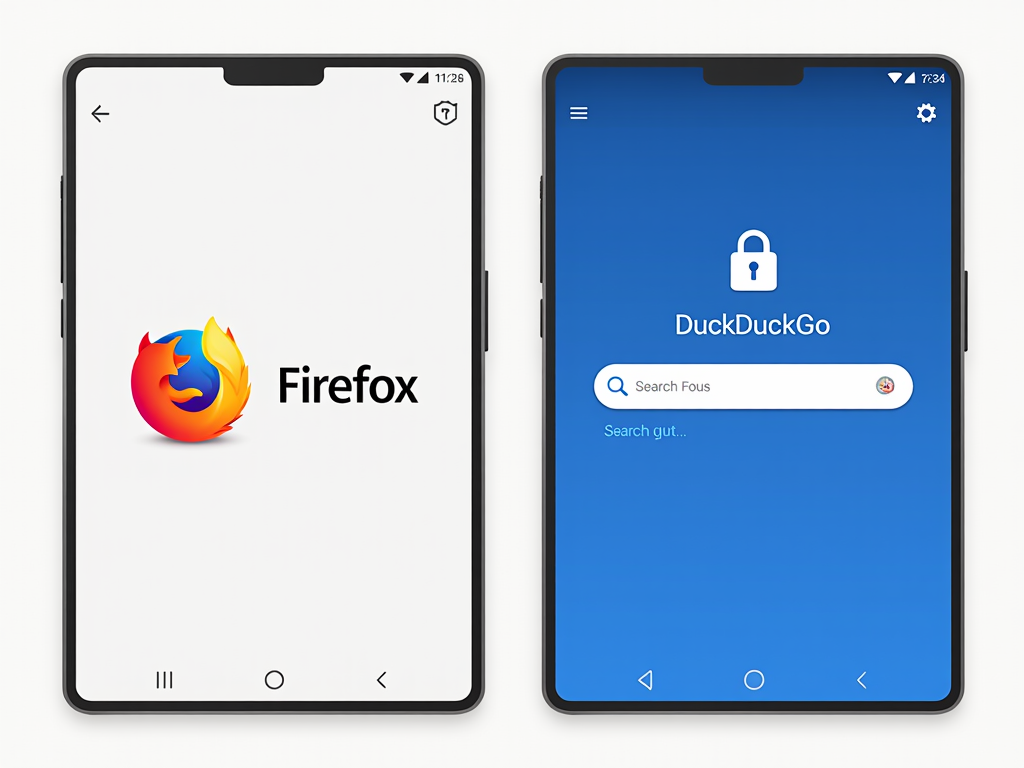How to Lock Down Your Online Privacy in 2023
In today’s digital world, protecting your online privacy is more important than ever. With hackers, corporations, and even governments tracking your every move, securing your personal information can feel overwhelming. This guide offers actionable steps to lock down your online privacy in 2023, keeping you safe and in control.
Why Online Privacy Matters
Online privacy is about keeping your personal information—like your name, address, or browsing habits—safe from prying eyes. Every time you go online, websites, apps, and services collect data about you. Sometimes it’s harmless, like ads for shoes you looked at. Other times, it’s riskier, like hackers stealing your identity.
I didn’t think much about this until a friend had their email hacked. Seeing them scramble to fix the mess made me realize how exposed we all are. That’s when I started taking online privacy seriously. It’s not just about avoiding ads—it’s about protecting your life.

The Importance of Online Privacy
Why should you care about online privacy? Because your data is valuable. According to a 2022 report from the Identity Theft Resource Center, identity theft cases spiked by 33% in recent years. Losing control of your information can lead to stolen money, ruined credit, or even fake accounts in your name.
Beyond personal risks, there’s a bigger picture. Companies use your data to manipulate what you see online—think targeted ads or even election interference. For me, learning about how data was misused in scandals like Cambridge Analytica was a wake-up call. Privacy isn’t just personal; it’s power.
Essential Online Privacy Tools
Locking down your online privacy doesn’t have to be hard. Here are some tools and steps to get you started:
- Strong Passwords: Use unique passwords for every account. A password manager like LastPass or 1Password can help.
- Two-Factor Authentication (2FA): Add an extra step, like a text code, to logins.
- Virtual Private Network (VPN): Encrypts your internet connection. I use NordVPN and love the peace of mind.
- Privacy Settings: Check apps and social media to limit what you share.
I started with passwords. Remembering them was a nightmare until I got a password manager. Now, I feel safer knowing my accounts aren’t an easy target.

Firefox Focus vs DuckDuckGo: Which Mobile Browser Is More Private?
Your browser is a big part of your online life, so picking a private one matters. Let’s compare two popular options: Firefox Focus and DuckDuckGo.
| Feature | Firefox Focus | DuckDuckGo |
|---|---|---|
| Tracker Blocking | Automatic | Automatic |
| Data Clearing | One-tap erase | 'Fire' button |
| Search Engine | Uses Google | Private DuckDuckGo |
| Ad Blocking | Yes | Yes |
Firefox Focus wipes your history with one tap and blocks trackers out of the box. It’s simple and fast. DuckDuckGo, though, adds a private search engine that doesn’t save your searches—huge for me since I’m always looking things up. I lean toward DuckDuckGo, but if you’re a Firefox fan, Focus is solid too.

Step-by-Step Guide to Secure Your Privacy
Here’s a deeper dive into locking down your online privacy in 2023:
- Audit Your Accounts: List every online account. Check for weak passwords or unused profiles.
- Switch to Secure Browsing: Use HTTPS sites (look for the padlock in your browser).
- Limit App Access: Go to your phone’s settings and cut off unnecessary permissions.
- Monitor Your Data: Services like Have I Been Pwned tell you if your email’s been leaked.
When I audited my accounts, I found old profiles I’d forgotten about. Deleting them felt like shedding dead weight—and it reduced my risk.
The Risks of Ignoring Privacy
Skipping these steps can hurt. A study from the University of Maryland found that a data breach happens every 39 seconds. That’s scary. For me, the fear hit home when I got a phishing email that looked legit. I almost clicked it, but something felt off. Double-checking saved me from a potential disaster.

Advanced Tips for Extra Protection
Want to go further? Try these:
- Encrypted Messaging: Use Signal for private chats. It’s end-to-end encrypted.
- Avoid Public Wi-Fi: Without a VPN, it’s a hacker’s playground.
- Fake Email Addresses: Set up a burner email for sign-ups.
I started using Signal after a coworker recommended it. Knowing my messages are locked tight feels great, especially for sensitive stuff.
Common Privacy Myths Debunked
Let’s clear up some confusion:
- Myth: 'I have nothing to hide, so I don’t need privacy.' Truth: Privacy isn’t about hiding—it’s about control. You wouldn’t give a stranger your bank details, right?
- Myth: 'Incognito mode keeps me private.' Truth: It only hides your history from your device, not websites or trackers.
I used to think incognito was enough. Learning it wasn’t shocked me into better habits.

Bringing It All Together
Locking down your online privacy in 2023 takes effort, but it’s worth it. Start with the basics—passwords, 2FA, a VPN—then build from there. Use online privacy tools like Firefox Focus or DuckDuckGo to browse safely. Stay curious and cautious. For me, this journey went from overwhelming to empowering. You can do it too. Your privacy is your right—protect it.